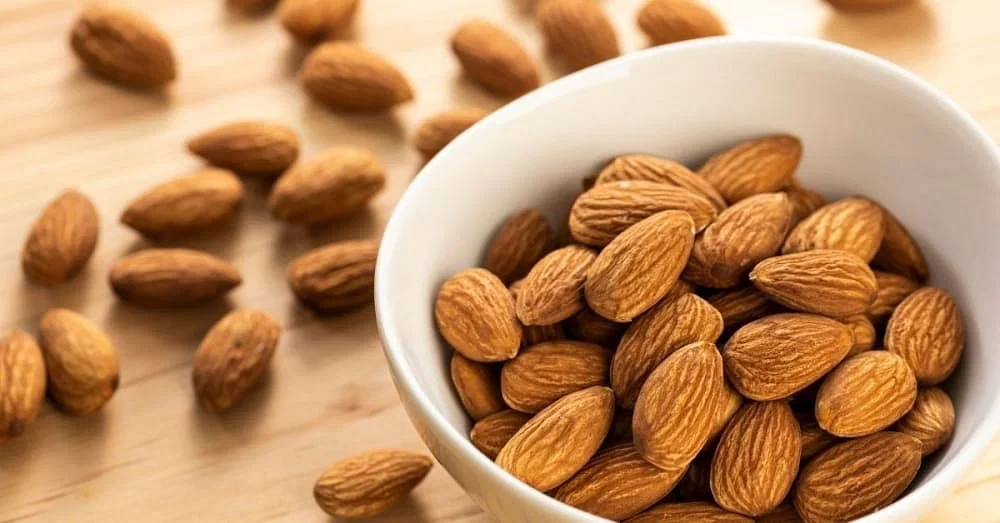[ad_1]
In India, coffee has evolved from a mere beverage to a cultural staple, cherished for its rich flavors and social significance. Originating in the 17th century on the hills of Baba Budangiri, Karnataka, coffee production has flourished across various states, contributing to a vibrant coffee culture. Let’s delve into the unique characteristics of Indian coffee, its traditional production regions, and the emerging coffee-producing areas.
Traditional Coffee-Producing States:
-
Karnataka:
- Chikmagalur district leads with 70% of the country’s coffee output.
- Notable estates like Attikan and Kelagur Heights produce distinct flavor profiles, from caramel and nutty to floral and fig notes.
- Coorg, known for its Robusta beans, offers a pulpy, sweet brew.
-
Tamil Nadu:
- Yercaud, at 4800 feet, yields coffee with mild jasmine notes and a chocolate-caramel profile.
- Palani hills, though smaller, contribute to the region’s coffee production with their high elevation plantations.
-
Kerala:
- Mainly producing robusta coffee, Kerala offers a nutty and caramel flavor profile.
- Concentrated estates in Wayanad and Idukki contribute to Kerala’s status as the second-largest coffee-producing state.
Emerging Coffee-Producing Regions:
- Andhra Pradesh:
- Araku Valley, elevated between 3000 to 5000 feet, produces Arabica with citrus and fruity flavors.
- Northeast:
- Despite logistical challenges, Assam and Meghalaya show potential for high-quality coffee production.
- Odisha:
- Koraput district is in the nascent stage of coffee production, with Arabica strains showing promise.
Flavor Profiles and Processing:
- Coffee flavor varies with elevation, with higher elevations producing richer flavors.
- Processing methods like natural or honey processing bring out fruity flavors, while high-quality roasting accentuates caramel notes.
Experiencing Indian Coffee:
- Various regions offer unique experiences for coffee enthusiasts, from Coorg’s berry picking to Chikmagalur’s coffee estate tours.
- Tamil Nadu’s Palani Hills and Kerala’s Wayanad provide opportunities for exploration beyond coffee tasting.
Hidden Gems:
- Maharashtra’s Chikhaldara, though lesser-known, offers a serene coffee plantation experience.
- Araku Valley in Andhra Pradesh boasts organic coffee produced by local tribes, adding to its allure.
Conclusion:
- India’s coffee culture is a blend of tradition and innovation, with diverse flavor profiles and emerging regions contributing to its growth.
- Exploring coffee estates across the country provides not only a caffeine boost but also a glimpse into India’s rich agricultural heritage.
Whether you’re a coffee aficionado or simply enjoy a good cup, India’s coffee landscape offers something for everyone. So, next time you reach for your morning brew, remember the journey it took to reach your cup, from the hills of Karnataka to the tribal lands of Andhra Pradesh.
[ad_2]


